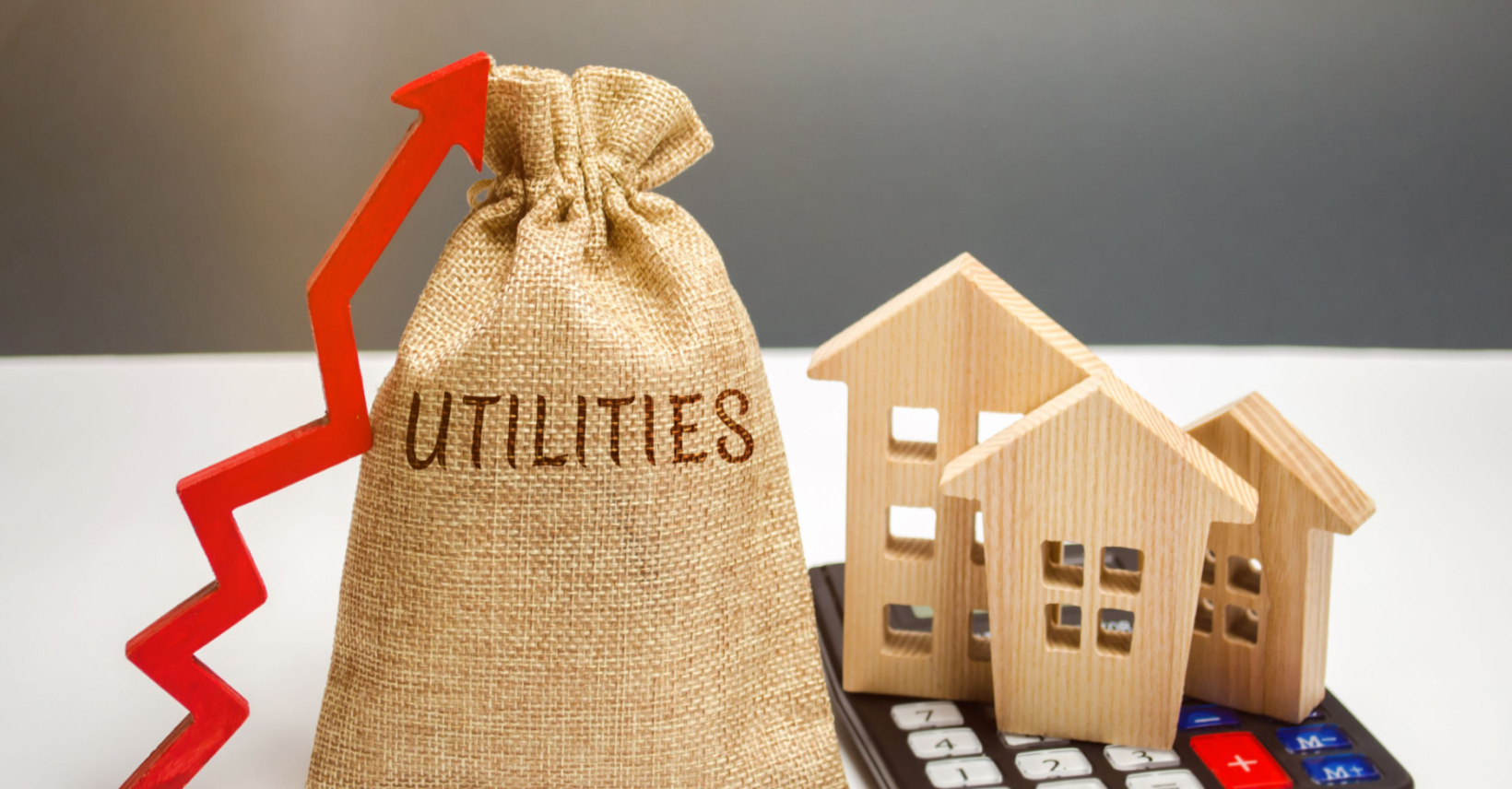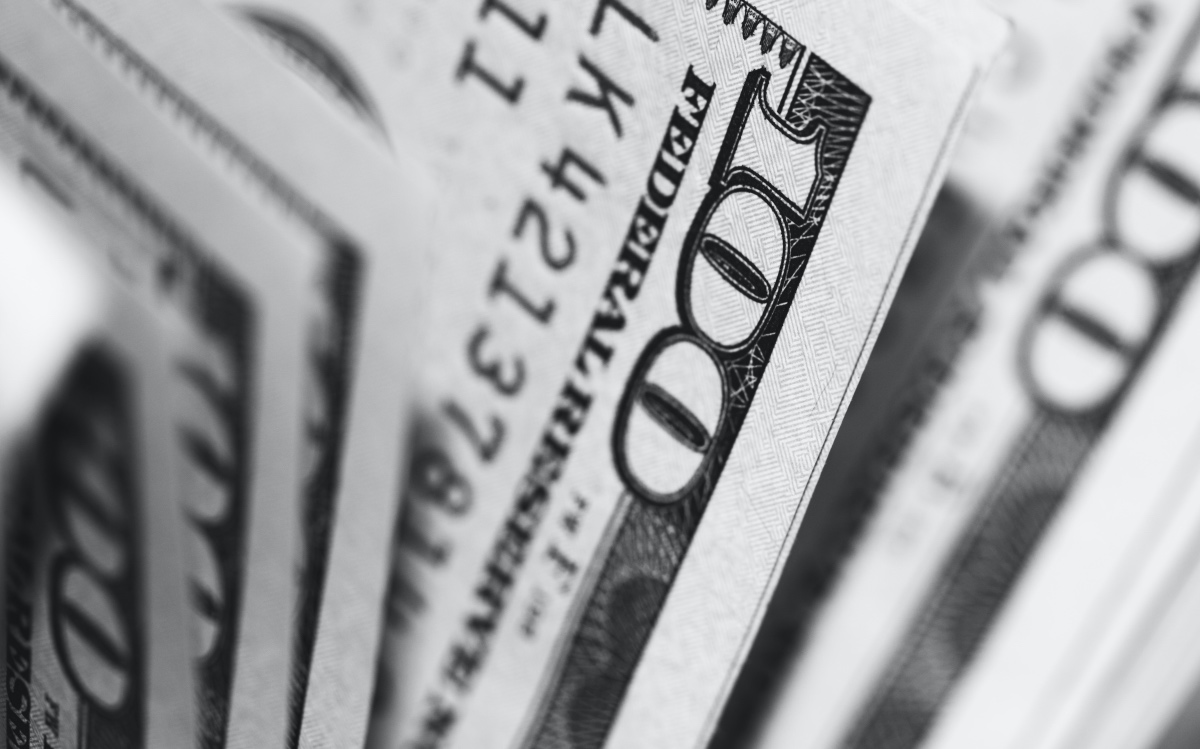Utilities are one of the highest monthly costs, whether you own a home, rent a home, or rent an apartment. Utilities typically include expenses like your electric bill, internet, cell phone, cable, water, and heating. And these bills can take massive chunks out of your budget if you don’t pay close attention to your monthly usage.
Luckily, most utilities are not arbitrary, and there are many different strategies for bringing them down and using less energy. So if you want to figure out some obvious (and not-so-obvious) ways to save on your utility bills, keep reading for some excellent tips.
Switch Your Light Bulbs
Switching from regular light bulbs to energy-efficient ones can help you save quite a bit on your utility bill. The best light bulbs to conserve energy are called compact fluorescent light bulbs (CFLs) or LED bulbs. Not only do they save energy, but they are also better for the environment. That’s because they can last up to twenty times longer than older, less efficient styles of light bulbs. Therefore, you won’t need to replace them nearly as often!
Many states have coupons and programs that allow residents to get new energy-efficient bulbs for cheap or even free. Check with your state utilities commission to see what’s available in your area.
Change Air Filters
All furnaces or air conditioning units have air filters that protect against dirt, dust, and debris flying into the air. Many experts recommend changing these filters every two to three months for the best air quality. And many people find that air quality is indeed much better when the filters are new. But there’s another reason to swap out these filters regularly.
If you have a clogged filter or wait too long to change the filters, it causes your furnace or air conditioner to work harder while running. As a result, they use more energy and cost you more money on your utility bill.
Keep Vents Clear and Open
Like the last tip, the vents in your home should also be kept open and clear of dust, dirt, and debris by cleaning them often. When your vents are clogged or closed, your furnace or AC has to work much harder to distribute air around your house. This takes up more energy and can cost you considerably more money.
You should also avoid putting large furniture or other items in front of vents, particularly for those vents that are placed closer to the floor.
Replace Older Appliances
The older your appliances get, the less energy efficient they will likely become. This is why it is crucial to replace your appliances regularly, particularly if you live in an older home. Most new appliances have enhanced energy-efficient mechanisms, saving tenants and homeowners hundreds (even thousands) of dollars a year in utility costs.
If you have a stove, dishwasher, microwave, or other appliance that’s particularly old, consider replacing it to save on energy costs. On average, most basic appliances last around 10 to 15 years. However, some of the more high-end and expensive appliances can last up to 20 years. Regardless, check your appliances to determine whether you should replace them. Like the light bulbs discussed above, many state energy programs provide rebates to homeowners who switch to energy-efficient appliances. So be sure to check your state utilities commission to see what you qualify for. Most people are surprised to learn you can save money on your electric bill just by updating older appliances.
Upgrade Your Thermostat
Upgrading to a programmable thermostat allows you to set and change the temperature according to your schedule and needs and be very precise about it. If you are going to leave the house, for example, a programmable thermostat will allow you to turn off the unit for a certain amount of time, turning it back on right before you arrive home. This saves energy while you are away from home and prevents you from wasting unnecessary energy you’re not using.
Turn off Lights
This one might seem obvious, but turning off the lights when you aren’t using them is a significant energy-saver. This tip is essential for everyone in your home to utilize. Get into the habit of turning off lights when you leave a room or when you leave the house. Small things like this really can cut back a lot on your monthly energy bill!
Unplug “Vampire” Electronics
“Vampire” electronics are things that, even when turned off, use a small amount of energy when plugged in. By just remaining connected to the outlet, devices like fans, microwaves, gaming consoles, and other small appliances use energy when not in use. Get into the habit of unplugging these “vampire” electronics to save on your energy bill, including DVD players, entertainment systems, computers, TVs, stereos, kitchen appliances, and more.
Seal Any Air Leaks
Air leaks can appear in your home around doors, windows, or any other opening to the outside. One way to check for an air leak around a door or window is to look for caulk that has been damaged or stripped by weather. Additionally, you can usually feel where air leaks are, especially in the more extreme seasons of the year when your home is a much different temperature to the outside. You should routinely (every couple of years) replace the caulk and weatherstripping on doors and windows to prevent air leaks.
Be Mindful of Appliance Usage
There are many things that people may do out of habit regarding older appliances. But these same activities may waste energy with newer appliances.
An excellent example of this is pre-rinsing dishes. Many people grew up rinsing their dirty dishes before putting them in the dishwasher. But today, this is generally a waste of time and energy. Newer dishwashers work smarter, harder, and are more energy-efficient. There is no need to waste hot water preparing to load them. Just scrape and add your dirty dishes as is.
Shop Around for Providers
You usually have more than one option for utility providers. If you can’t find them, you can always call your state utilities commission for a list of energy providers in your area. Once you have this list, you can search around, contact all the providers, and compare the prices for each. Just by making a few simple calls and comparing the costs of local energy providers, you can save hundreds of dollars a year.
Run Appliances Late at Night
This tip might seem odd, but running your appliances late at night can save you quite a bit of money on your utility bill. That’s because many energy providers charge more for utilities during peak times when everyone is using their appliances. For example, during dinner time, energy costs are sometimes higher because everyone is using their stove, microwave, etc.
So you should run your appliances late at night when you can, as it will help you save money. Before you go to bed, turn on your dishwasher, washing machine, etc., to save even more on your utilities.
Don’t Invest in Unlimited Data or Minutes
One way to save money on your phone bill is to not invest in unlimited data. While having unlimited data might seem tempting, it’s incredibly expensive, especially if you have multiple phones under your plan. Additionally, nearly every public place has free WiFi these days. So if you are conservative with your data usage, you probably won’t need a ton of data added to your phone plan.
Closing Thoughts
Saving money on utilities is one of the most simple and straightforward ways to save money during the month. And, of course, this is only a partial list. There are many other ways to save money and reduce energy usage. Hopefully, implementing some of these tips will help!











